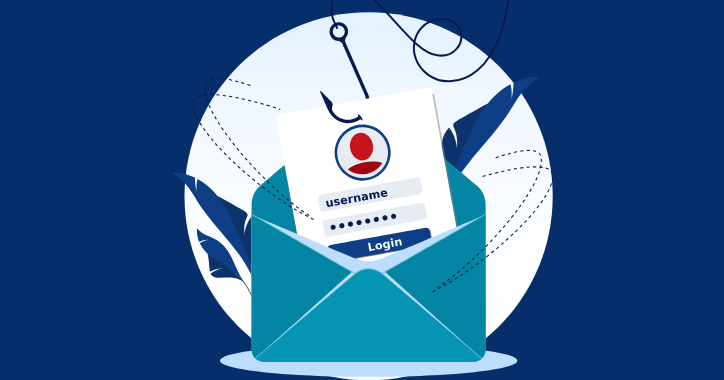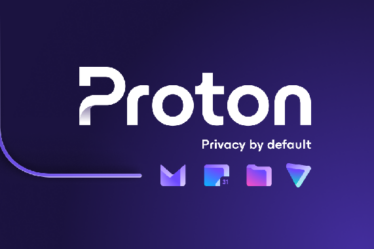
Phishing attacks are serious threats that widely spread during times of crisis. Hackers and scammers take advantage of significant events to breach individuals’ and organizations’ online phishing attacks conducted via social media platforms and email.
With the outbreak of events in Gaza and the observed bias in social media algorithms favoring one side over the other, such as content restriction and removal, fraudulent phishing attacks have proliferated. These attacks impersonate social media platforms through fake emails and messages on various platforms, Scammers’ and Hackers’ advising Users to click on links or they will be restricted or suspended form the Platform. Our observations are based on users’ posts on social media platforms and reports received through Our Help Line. The malicious links are designed to steal users’ account names and passwords, potentially leading to digital devices compromise.
To protect against phishing attacks:
- Verify the source of messages and links before clicking on them. For example, ensure that the link is from “facebook.com” and not like “faceb0ok.com”.
- Regularly update your software and systems and use antivirus software.
- Report phishing to service providers such as social media platforms and E-mail Provider.



